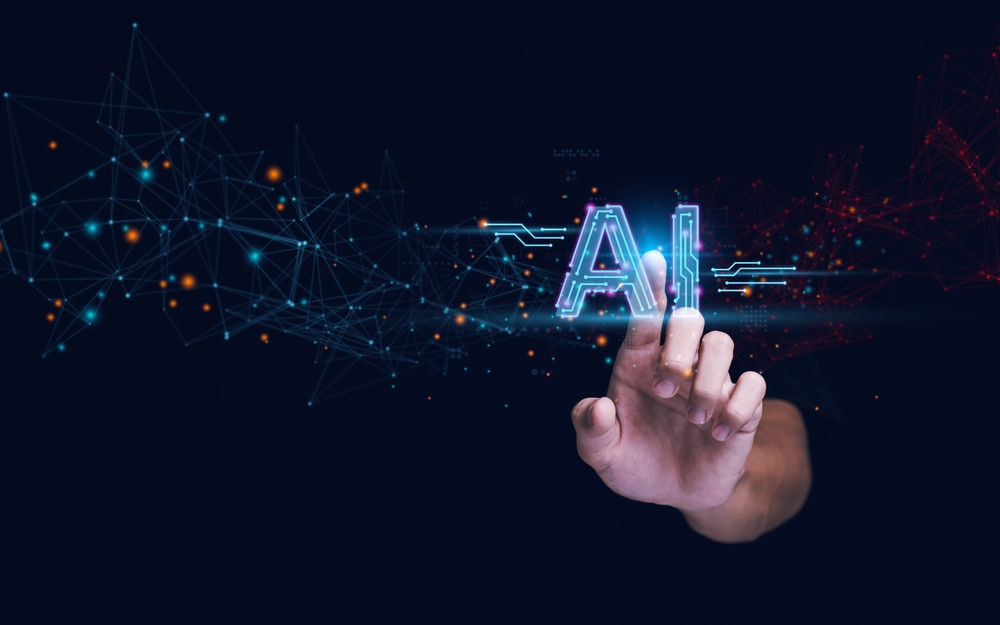The impacts of artificial intelligence and associated technologies cannot be overlooked particularly crypto trading. This technology has had considerable impacts in different sectors among them crypto trading.
Artificial intelligence has significantly impacted the crypto market. Its introduction into the sector has altered the digital assets’ operations.
Impact of Artificial Intelligence on Crypto Trading
Crypto traders can utilize the technology in these ways:
Market Analysis
Traders must assess the market prior to placing trades. The manual market assessment is time-consuming and prone to faults.
Traders seeking to purchase Bitcoin and other cryptos from various platforms can benefit from artificial intelligence-enhanced market analysis. AI-enhanced algorithms are precise at pattern identification since they can identify trends from market information that are not easily obvious to human traders.
Artificial intelligence continuously monitors social media posts, news headlines, and developments that impact crypto prices. Swift’s assessment provides critical perspectives into the expected market reactions.
AI can also be utilized to tailor trading strategies. In this case, AI-enhanced platforms can customize trading plans to fit user preferences and other objectives. The platforms improve individual trading strategies through machine learning algorithms.
Risk Management
Crypto trading is not entirely risk-free because most experienced traders lose a considerable amount prior to generating profits. Nevertheless, traders can leverage artificial intelligence to avert losses.
The first strategy is position sizing, which entails AI-backed algorithms relying on risk balance, market volatility, and other factors to automatically regulate position sizes. The adjustment capitalizes on returns while reducing the risk of making significant losses.
AI is vital for liquidity risk management. The algorithms track the crypto market’s liquidity conditions to evaluate the difficulty levels of running trades at the wanted price, helping traders evade losses.
Counterparties result in losses among crypto holders. For instance, brokers and crypto exchanges are pretty unreliable. Artificial intelligence can aid traders evade such platforms by assessing factors such as financial stability and regulatory adherence.
Arbitrage Opportunities
In addition to traditional trading, traders can also generate profits from arbitrage trading. It entails establishing and leveraging current arbitrage opportunities. However, spotting the opportunities manually is almost impossible.
Artificial intelligence simplifies the identification of arbitrage opportunities. It evaluates real-time information from different crypto exchanges to recognize price discrepancies, trading volumes and spreads in various markets. As such, the technology can instantly spot arbitrage opportunities as they come up.
Artificial intelligence-driven platforms can also leverage latency arbitrage gaps as they implement trades quicker compared to humans. The technology lumps servers close to those of the exchange platform. This ensures quick-speed connectivity, allowing artificial intelligence to take advantage of small price variations between crypto exchanges prior to standardization.
AI can also be utilized to attain cross-exchange arbitrage. This entails recognizing arbitrage opportunities between crypto opportunities offering similar assets at differing prices.
Despite the possibility of low occurrence, such situations can be caused by regional factors and market inefficacies. AI-enhanced opportunities can promote profit-making via the concurrent execution of trades in various exchanges.
Fraud Identification
AI can aid in identifying deceitful activities that have lately devastated the crypto markets via:
Social network assessment: The technology evaluates social platforms and communication channels to identify communication between fraudulent groups or people.
Pattern identification: Fraud identification systems relying on AI can easily recognize fraud-linked activities, ensuring quick detection and prevention.
Identifying variances: AI algorithms can easily spot abnormal trading activity patterns that might indicate fraudulent transactions by evaluating trading volumes and transaction data.
Risk scoring: AI-supported fraud detection tools assess and allocate risk scores and transactions based on their potential to execute or attempt fraud. This alerts exchange operators and traders of possible deceitful activities.
Regulatory adherence: Artificial intelligence technologies aid agencies in tracking crypto exchanges and trading platforms that fail to adhere to guidelines, such as the AML laws.
End Thoughts
AI-powered platforms constitute a gem in trading, particularly in fighting fraud. AI has proved capable of evaluating a person’s historic trading trends to detect attributes of deceitful activities. Profiling traders aids in flagging suspicious accounts. It enables exchange operators to spot and flag suspicious accounts and activities, preventing them from suffering considerable damage.
